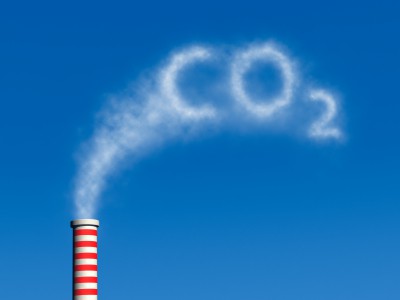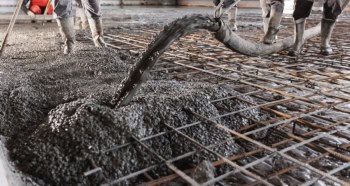
Limiting global warming to 1.5 °C would require rapid, far-reaching and unprecedented changes in all aspects of society, according to a special report from the Intergovernmental Panel on Climate Change (IPCC). But, compared to a 2 °C temperature rise, the benefits to people and natural ecosystems are clear.
“Every extra bit of warming matters, especially since warming of 1.5 °C or higher increases the risk associated with long-lasting or irreversible changes, such as the loss of some ecosystems,” said Hans-Otto Pörtner, co-chair of IPCC Working Group II.
The report highlights climate change impacts that could be avoided by limiting global warming to 1.5 °C. For example, by 2100, global sea level rise would be 10 cm lower with global warming of 1.5 °C compared with 2 °C. The likelihood of an Arctic Ocean free of sea ice in summer would be once per century, compared with at least once per decade with 2 °C. And coral reefs would decline by 70–90%, whereas virtually all (> 99%) would be lost with 2 °C.
The report also examines pathways to achieving a 1.5 °C limit on global average temperature rise. This, it finds, would require “rapid and far-reaching” transitions in land, energy, industry, buildings, transport, and cities. Global net human-caused emissions of carbon dioxide would need to fall by about 45% from 2010 levels by 2030, and reach “net zero” around 2050, with any remaining emissions balanced by removing carbon dioxide from the air.
The IPCC Special Report on Global Warming of 1.5 °C: the why, the what and the how
“The good news is that some of the kinds of actions that would be needed to limit global warming to 1.5 °C are already under way around the world, but they would need to accelerate,” said Valerie Masson-Delmotte, co-chair of Working Group I.
Allowing the global temperature to overshoot 1.5 °C would mean a greater reliance on techniques that remove carbon dioxide from the air to return temperatures below this limit by 2100. The effectiveness of such techniques are unproven at large scale and some may carry significant risks for sustainable development, the report notes.
“Limiting global warming to 1.5 °C compared with 2 °C would reduce challenging impacts on ecosystems, human health and well-being, making it easier to achieve the United Nations Sustainable Development Goals,” said Priyardarshi Shukla, co-chair of IPCC Working Group III.
The decisions we make today are critical in ensuring a safe and sustainable world for everyone, both now and in the future, according to Debra Roberts, co-chair of IPCC Working Group II. “This report gives policymakers and practitioners the information they need to make decisions that tackle climate change while considering local context and people’s needs,” Roberts said. “The next few years are probably the most important in our history”.
The IPCC approved the summary for policymakers of the IPCC Special Report on Global Warming of 1.5 °C on 6 October in Incheon, Republic of Korea.
A total of 91 authors and review editors from 40 countries prepared the IPCC special report following an invitation from the United Nations Framework Convention on Climate Change (UNFCCC) when it adopted the Paris Agreement, which aims to strength the global response to the threat of climate change by “holding the increase in the global average temperature to well below 2 °C above pre-industrial levels and pursuing efforts to limit the temperature increase to 1.5 °C above pre-industrial levels”. Governments will review the 2015 Paris Agreement on climate change in Katowice, Poland in December.
The special report’s full name is Global Warming of 1.5 °C, an IPCC special report on the impacts of global warming of 1.5 °C above pre-industrial levels and related global greenhouse gas emission pathways, in the context of strengthening the global response to the threat of climate change, sustainable development, and efforts to eradicate poverty.
Next year the IPCC will release special reports on the ocean and cryosphere in a changing climate, and climate change and land use. The body’s sixth assessment report on climate change will follow in 2021/22.
- This news story is based on a press release from the IPCC.




